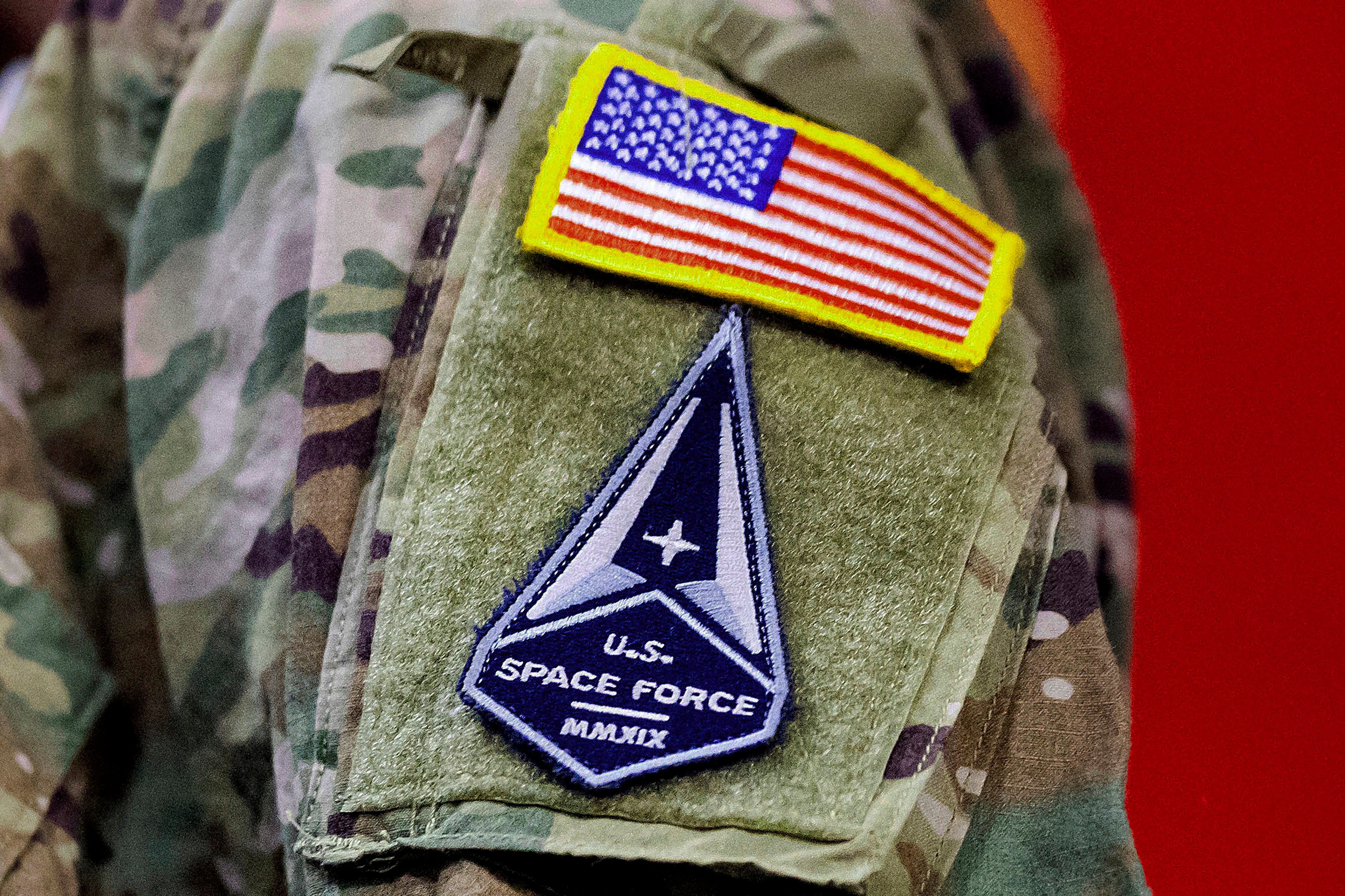China accuses US of militarizing space following protest over Navy plane's Taiwan Strait transit
China is accusing the United States of militarizing outer space, a day after it protested the passage of a Navy P-8A Poseidon anti-submarine aircraft through the Taiwan Strait

Your support helps us to tell the story
From reproductive rights to climate change to Big Tech, The Independent is on the ground when the story is developing. Whether it's investigating the financials of Elon Musk's pro-Trump PAC or producing our latest documentary, 'The A Word', which shines a light on the American women fighting for reproductive rights, we know how important it is to parse out the facts from the messaging.
At such a critical moment in US history, we need reporters on the ground. Your donation allows us to keep sending journalists to speak to both sides of the story.
The Independent is trusted by Americans across the entire political spectrum. And unlike many other quality news outlets, we choose not to lock Americans out of our reporting and analysis with paywalls. We believe quality journalism should be available to everyone, paid for by those who can afford it.
Your support makes all the difference.Amid a freeze in military-to-military contacts, China is accusing the United States of militarizing outer space, a day after it protested the passage of a U.S. Navy P-8A Poseidon anti-submarine aircraft through the Taiwan Strait.
Chinese Defense Ministry spokesperson Col. Tan Kefei said on Friday that U.S. actions, including the establishment of the Space Force in 2019 as the newest branch of the military, have “had a great negative impact on space security and global strategic stability.”
“In recent years, the United States has accelerated the militarization of space,” Tan said. “I would like to reiterate here that China adheres to the peaceful use of space, firmly opposes the weaponization and the making of space into a battlefield, and opposes any form of arms race in space."
The ministry said that Tan was responding to recent concerns expressed by Space Force leaders over China's rising capabilities, calling that “classic cognitive dissonance.” China's advances in space include its own orbiting space station and plans for a crewed lunar mission. In 2007, it faced international condemnation after using a missile to blow up one of its defunct weather satellites, leaving a field of debris that continues to threaten other objects in orbit.
While the U.S. has sent officials to Beijing including Secretary of State Antony Blinken and Treasury Secretary Janet Yellen, ties remain at a historic low. China has pointedly refused to reestablish contact between the two militaries, possibly as a protest against U.S. sales of defensive weaponry to Taiwan and sanctions against Chinese Defense Minister Li Shangfu.
Although it is recognized as international waters and airspace and functions as a crucial route for international trade, China continues to claim a proprietary role over the Taiwan Strait that separates the mainland from the self-governing island democracy.
China regards close U.S. ally Taiwan as its own territory to be annexed by force if necessary, and regularly sends planes and warships to harass the island's military and seeks to intimidate its 23 million citizens.
On Thursday, the Eastern Theater Command of the Chinese People's Liberation Army — whose area of operations faces Taiwan — said it had scrambled fighters to “follow and monitor the U.S. plane throughout the process and dealt with it in accordance with laws and regulations.”
Theater spokesperson Col. Shi Yi was quoted as saying on social media, “theater troops maintain a high level of alert at all times and will resolutely defend national sovereignty and security along with regional peace and stability."
The U.S. 7th Fleet said a Navy P-8A Poseidon transited the Taiwan Strait in international airspace on Thursday.
“By operating within the Taiwan Strait in accordance with international law, the United States upholds the navigational rights and freedoms of all nations,” the fleet said on its website.
“The aircraft’s transit of the Taiwan Strait demonstrates the United States’ commitment to a free and open Indo-Pacific. The United States military flies, sails and operates anywhere international law allows.”